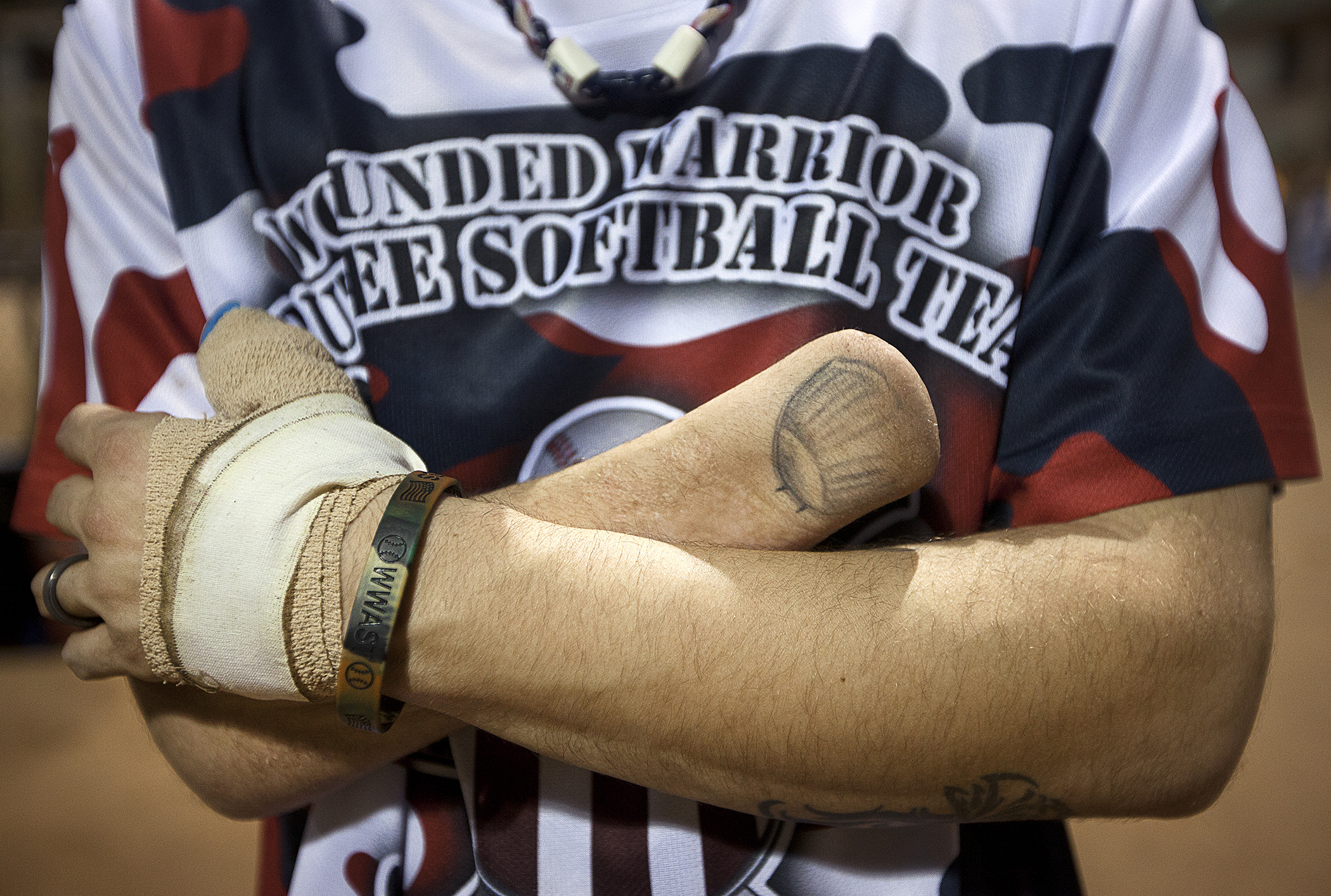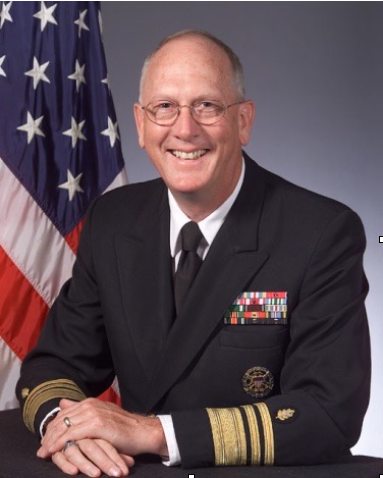
Welcome to the inaugural issue of Health21 magazine. I am proud that the wider wellness community is receiving a magazine designed to discuss today’s important health and medical issues for both health providers and consumers. During AMSUS’ 126-year life, the world of medicine has changed dramatically. This includes the discovery of the germ theory of infection, antibiotics, most medications in the modern armamentarium, not to mention advanced technical diagnostic and treatment capabilities that our forbearers could only dream about.
I lived part of that legacy. As a Naval Medical Officer, I wore the Cloth of the Nation for one-third of a century – 33 years – where I constantly marveled as I participated in the remarkable development of the practice of medicine and surgery we often now take for granted. Much has been said about the astounding survival rates of our recent battle injured soldiers, Marines, sailors and airmen returning from Iraq and Afghanistan. Surgical and rehabilitation teams accomplishing these wonders did not do so by “falling off a turnip truck.” These remarkable achievements required years, and even generations, of dedicated research, development and investment.
But, even more remarkable, in my view, is the development of the whole family treatment concept. This view of medicine’s role has resulted in return to productive lives by seriously wounded men and women (wounds lethal in prior times) to productive work and happy family lives. The World Health Organization defines health as “a complete state of physical, mental and social wellbeing, and not just the absence of infirmity or disease.” Medical professionals used to be quite good at healing disease and injury. Period. Today we have learned to heal the family – and to do so on a daily basis.
I entered the United States Navy Medical Corps courtesy of the Selective Service System Doctor’s draft in 1971. I continued my incomplete residency training at Naval Hospital Bethesda during the last remaining years of the Vietnam War, which ended in 1973. My memories vividly remind me of the days when we worked as hard as we could to treat illnesses and injuries for victims of that war. But when the scab fell off the stump of an amputated limb, we were done. We provided the patient with a disability evaluation and discharged them from the service. We did so with the full expectation on everyone’s part – most importantly the patient – that he or she was “broken,” an invalid, someone who would presumptively retreat into the shadows of life as to not remind others of their mortality and fragility. I say this with no judgment or malice; it was just the way society generally thought about physical disabilities.
Fast forward to today.
When a wounded serviceman or woman wakes up after a serious injury in Iraq, the first he or she sees will usually be mom, dad, spouse or significant other. The emphasis on treatment is no longer solely fixated on injury, but patient as well as family. The expectation proffered from Day 1 is that the wounded will return to a rich and productive life, no matter how devastating their wounds. The military and U.S. Department of Veterans Affairs (VA) health systems then shepherd the family through stabilization, treatment, rehabilitation and return to duty of that entire family.
A colleague of mine is a (now retired) Army Colonel bilateral above-the-knee, lower extremity amputee, who went on the command a major military installation and later play a starring role in a Hollywood movie. When asked to discuss his journey to his current life, his response can be summed up as, “I used to be a wounded warrior.” He has physically and mentally gone through that phase and now lives a “new normal,” where he no more accepts limits to his abilities than he did when he was a senior leader of fighting men and women. He will not accept sympathy because he does not need it. He does not accept special treatment for his injuries because he does not need that either.
He is a prime example of morale, esprit and sense of purpose in the men and women of the U.S. military that one must see to understand. One day I was at Bethesda National Naval Medical Center visiting wounded warriors. I vividly remember speaking with a young corpsman, who had his right foot blown off by a land mine as he rushed to treat a Marine who had just suffered the same fate during a firefight in Iraq. Lying in his hospital bed, he seemed a little depressed. I (rather lamely) tried to cheer him up by reassuring him about how good prosthetic feet were these days. His response was telling. I will never forget him saying, “Sir, you’re right. I feel bad, but it’s not about my foot. I have another one that looks just like that one. It’s about my guys. I was responsible for a Marine Corps squad. I don’t know if they have a corpsman now. I let them down; I’m worried. I’ve tried everything to find out, but just don’t know if they are being taken care of.”
My response was (fighting back a tear, which is neither manly nor Admirally, if that is a word), “Well, I have a little pull around here; let me see what I can dig up.” The next day I revisited him and reported on his replacement corpsman. I was able to give him the vital signs: name, rank, class standing in Fleet Marine Force Corpsman training course and testimonials from the squad: “Your replacement is not you, doc, but he’s ok. We’re ok.” Then he was also ok.
After that day, I no longer worry about the youth of America. It is easy and all too common for people my age to cluck our tongues at the next generations. But there are plenty of young people with the pluck, courage and values of that young corpsman to go around. The squad was ok. The corpsman was ok. The kids are ok too.
But let us go back to the “sea change” in attitudes about physical wounds, amputations and disabilities between the 1970s and now. A “sea change’ is a fundamental, large, qualitative change in conditions, which permeates and affects everything you believe and do. I believe this has happened both in our general society and in medicine, and has been largely driven by casualties of war. The magnitude of change is easily taken for granted. It should not be. What could be crueler than to heal wounds of a double amputee then send him or her into the world with a disability check and expectation they will be a “cripple” and a burden on society the rest of their lives? Think of the character Lieutenant Dan in the movie “Forrest Gump.” That scenario was all too often true in the past, but not now.
In this regard, military medicine has learned a lesson that applies to all American health care. This visionary vehicle will share this lesson and provide a communication platform for readers to look at American health issues from a new point of view. Health21 is not just a “military medicine” magazine.
I hope this brief note will help readers understand the intent, tone and nature of this new magazine, Health21. Because true health is a state of wellbeing, Health21 topics will include discussions on medical care, population health, wellness and whole body/whole family happiness. Topics will also include holistic medicine and alternative therapies, global health and security, climate change and health, environment and health, and the latest research and developments in therapeutics and diagnostics, plus more.
Enjoy the issue, and give us your feedback. We can be reached at info@livebetterpublishing.com. We would love to hear from as many readers as possible. You can help us make a difference.
AMSUS was formed in 1891 and Congressionally Chartered in 1903 as the “Association of Military Surgeons of the United States.” Throughout its 126-year history, it has evolved and grown in scope and mission to become the voice for all federal health professionals serving Uniformed Services, Veterans Administration and other Federal Health Agencies. AMSUS’ Annual Continuing Education Meetings and journal, Military Medicine, provide communication vehicles where individuals and organizations share and disseminate knowledge while developing professional associations and relationships. The non-profit organization is dedicated to the goal of ever better health care. For more information, go to www.amsus.org.

